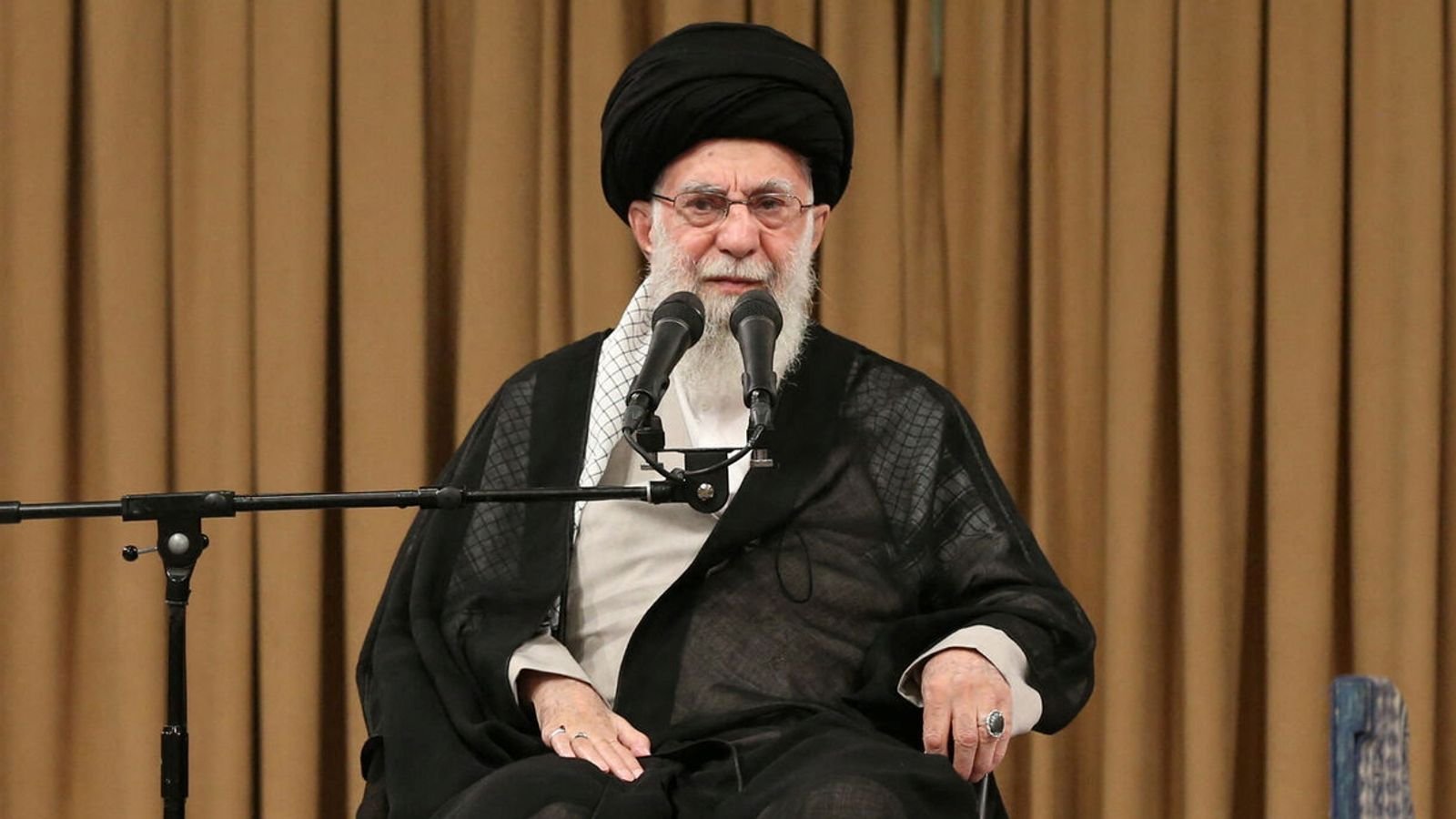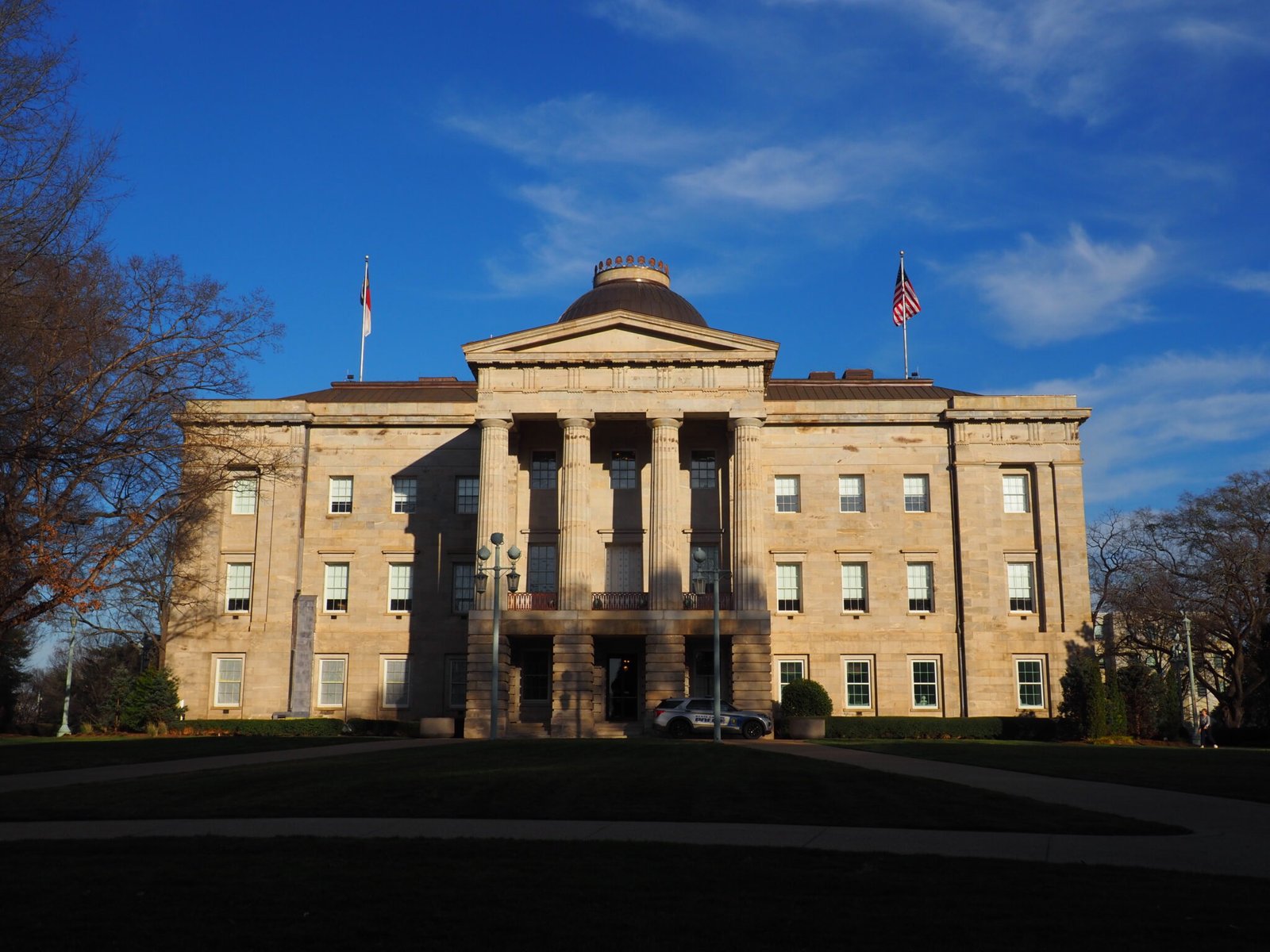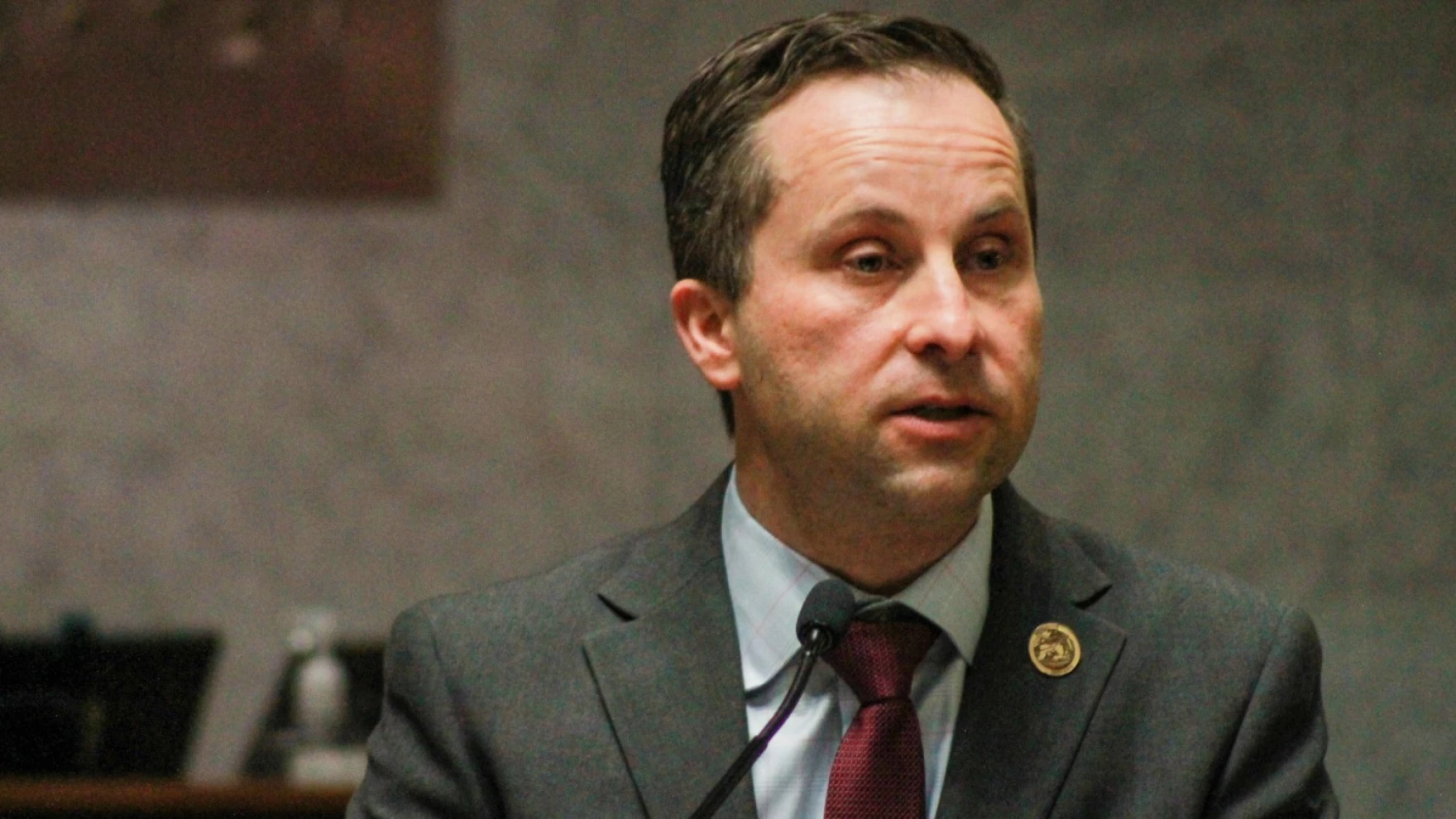The title “Supreme Leader Ayatollah” represents the most powerful position in the Islamic Republic of Iran. This role combines political authority and religious leadership, giving one man significant control over the country’s direction. Since 1989, Ayatollah Ali Khamenei has held this position, shaping Iran’s domestic policies and foreign relations.
The Supreme Leader is not elected by the public. Instead, he is chosen by the Assembly of Experts, a group of Islamic scholars. Once selected, the Supreme Leader remains in power for life, unless removed by the same assembly. His influence surpasses that of the president, parliament, and judiciary. Every major political and military decision must receive his approval.
As the head of state, the Supreme Leader Ayatollah commands Iran’s armed forces. He also appoints the leaders of the Islamic Revolutionary Guard Corps, the regular military, and the intelligence services. His control extends to the judiciary, national radio and television networks, and key religious and cultural institutions. The Supreme Leader can declare war, approve peace agreements, and direct the country’s nuclear policy.
In addition to political power, the Supreme Leader holds deep religious authority. The title “Ayatollah” is reserved for high-ranking clerics in Shia Islam. These scholars study Islamic law and theology for many years before earning the title. A Supreme Leader Ayatollah is often a Marja-e-Taqlid, or “source of emulation,” meaning millions of Shia Muslims look to him for religious guidance. His interpretations of Islamic teachings shape the country’s legal and moral codes.
Ayatollah Ali Khamenei was born on July 17, 1939, in Mashhad, Iran. Before becoming Supreme Leader, he served as president from 1981 to 1989. After the death of Ayatollah Ruhollah Khomeini, Iran’s founding leader, Khamenei was selected to succeed him. Since then, he has maintained firm control over the country through alliances with powerful clerics, military leaders, and politicians.
Under Khamenei’s leadership, Iran has taken a strong stance against Western influence, particularly from the United States and Israel. He often speaks against foreign intervention and promotes self-reliance in military and economic affairs. His views heavily influence Iran’s foreign policy, including its approach to nuclear development. Even when Iran’s presidents or foreign ministers speak with Western leaders, they act within limits set by the Supreme Leader.
The position of Supreme Leader Ayatollah has been the subject of international concern, especially during times of regional tension. For instance, during conflicts with Israel or threats of military action from the United States, Khamenei’s public speeches often reflect Iran’s official response. His warnings and declarations can raise or reduce tensions depending on the tone and content.
Human rights organizations have criticized the role of the Supreme Leader for limiting freedom and suppressing opposition. The concentration of power in one unelected position makes it difficult for democratic processes to function. Control over media and security services allows the government to silence critics and restrict public protests. Despite these criticisms, Khamenei remains popular among conservative and religious segments of the population, who view him as a protector of Islamic values and national dignity.
The position of Supreme Leader Ayatollah is unique in the modern world. It blends ancient religious authority with modern state power, creating a system unlike any other. This role is central to understanding Iran’s political system, its domestic control, and its position on the global stage. As Iran continues to play a significant role in Middle East politics, the actions and decisions of the Supreme Leader Ayatollah will remain closely watched by governments and observers around the world.







